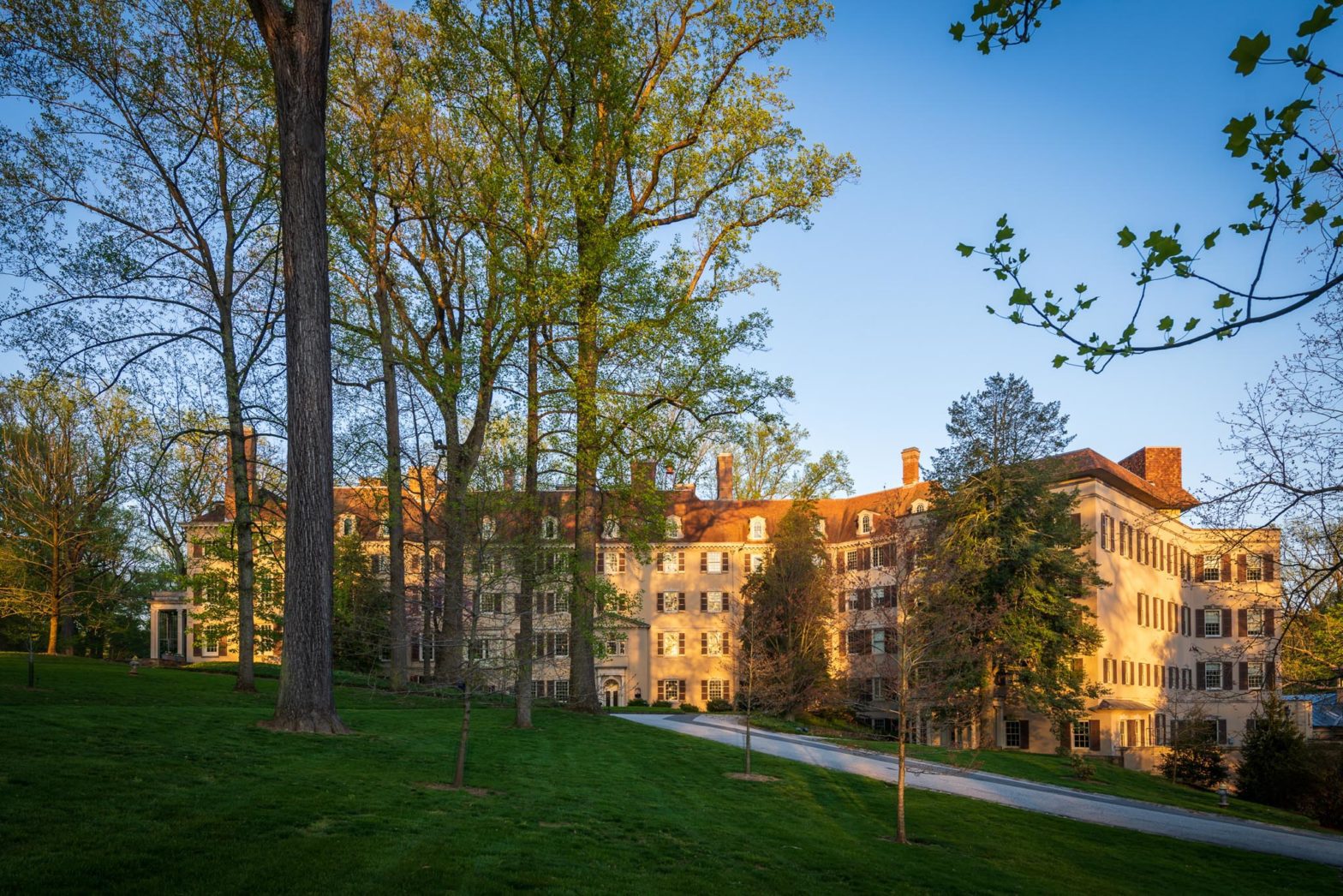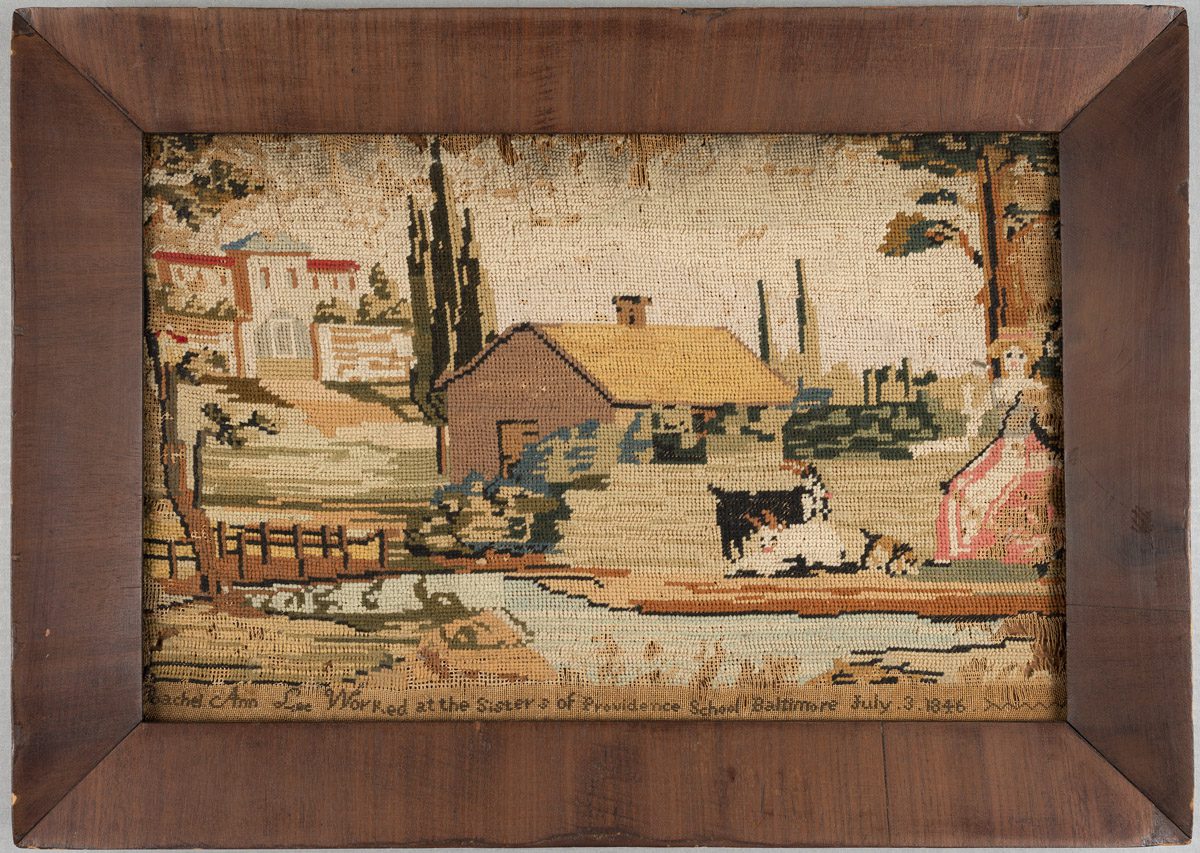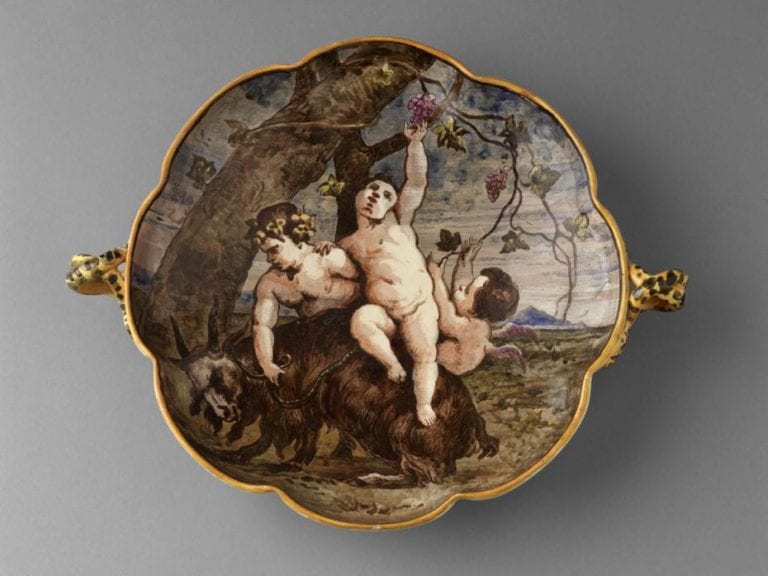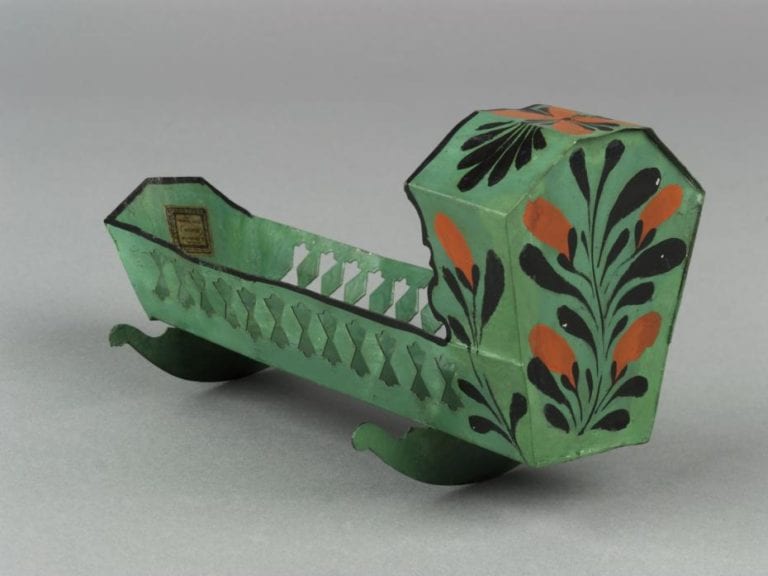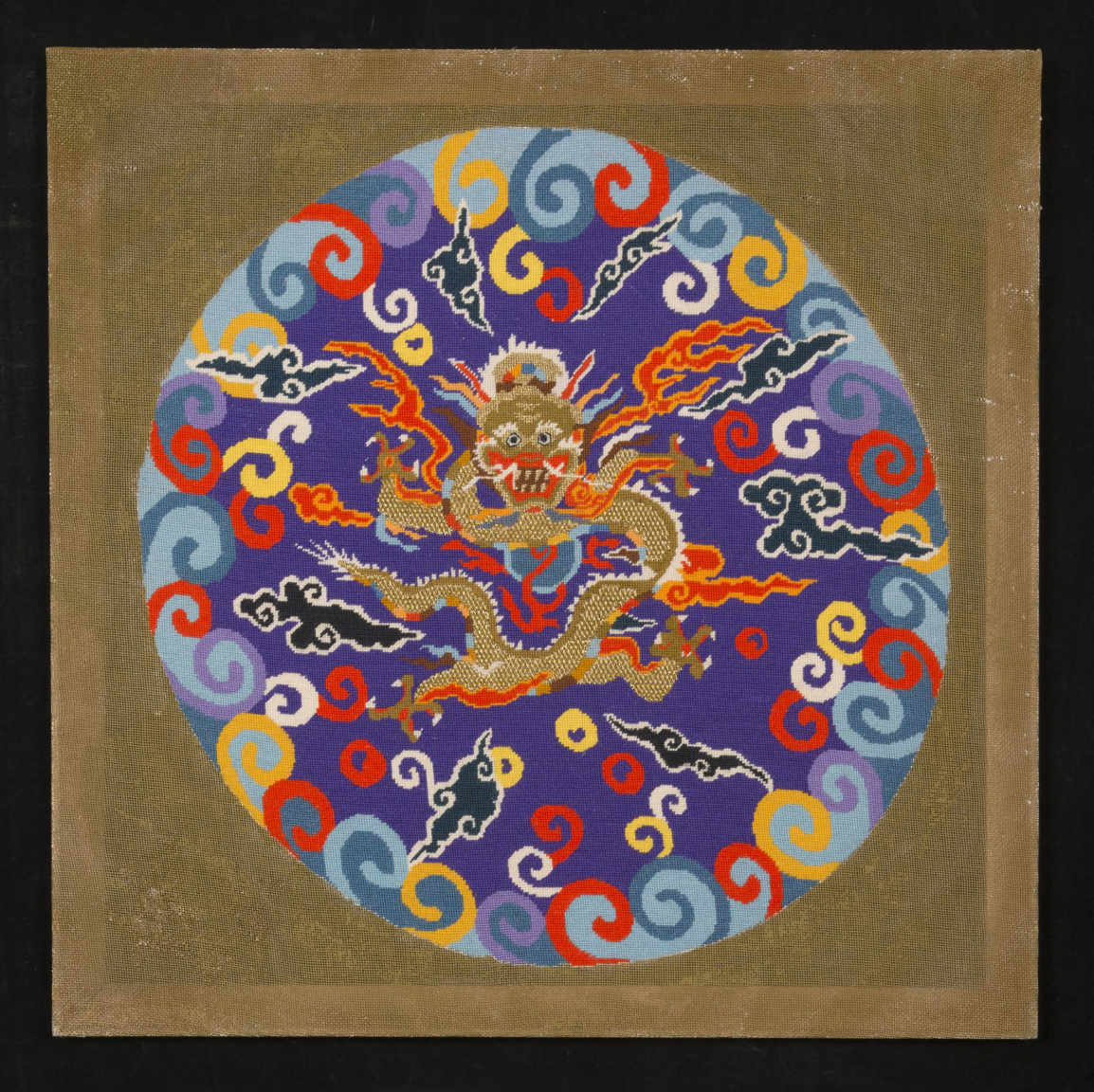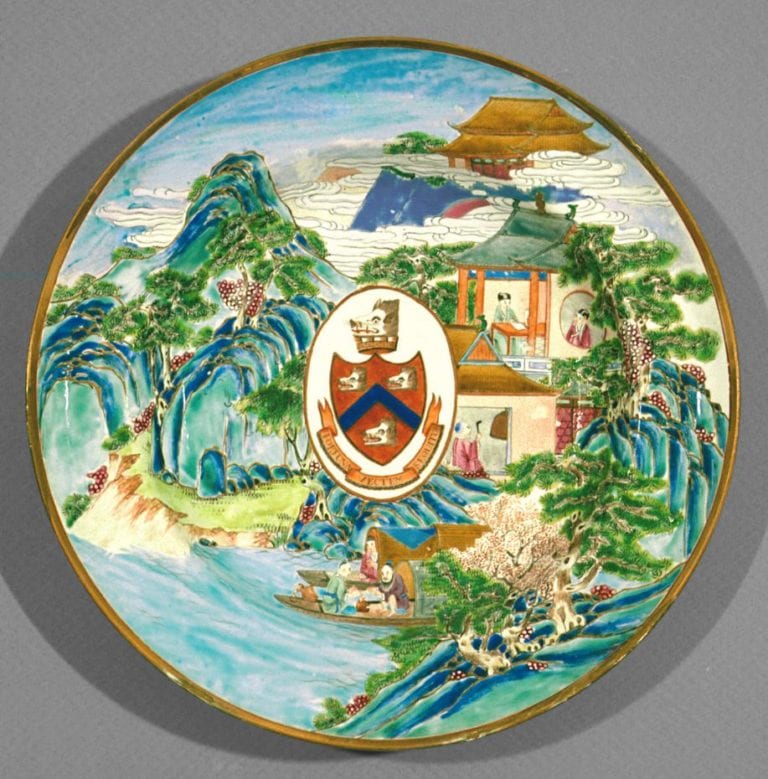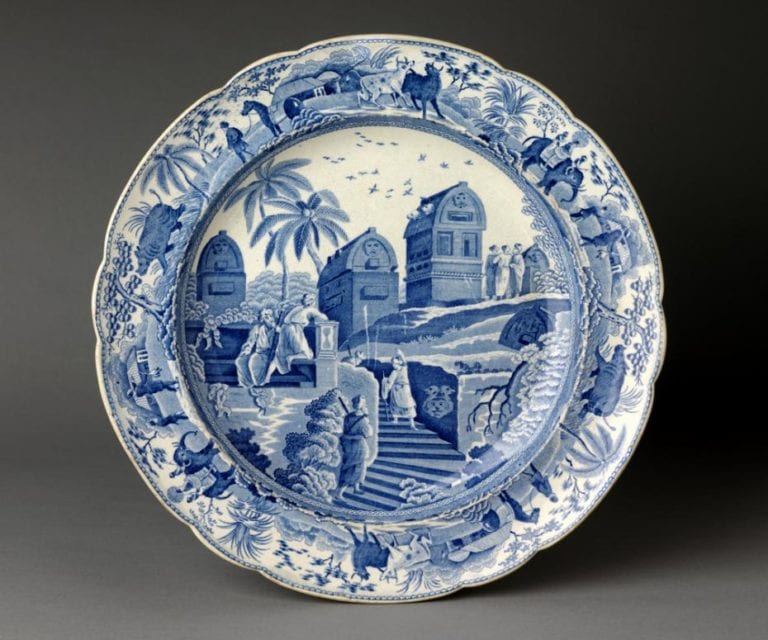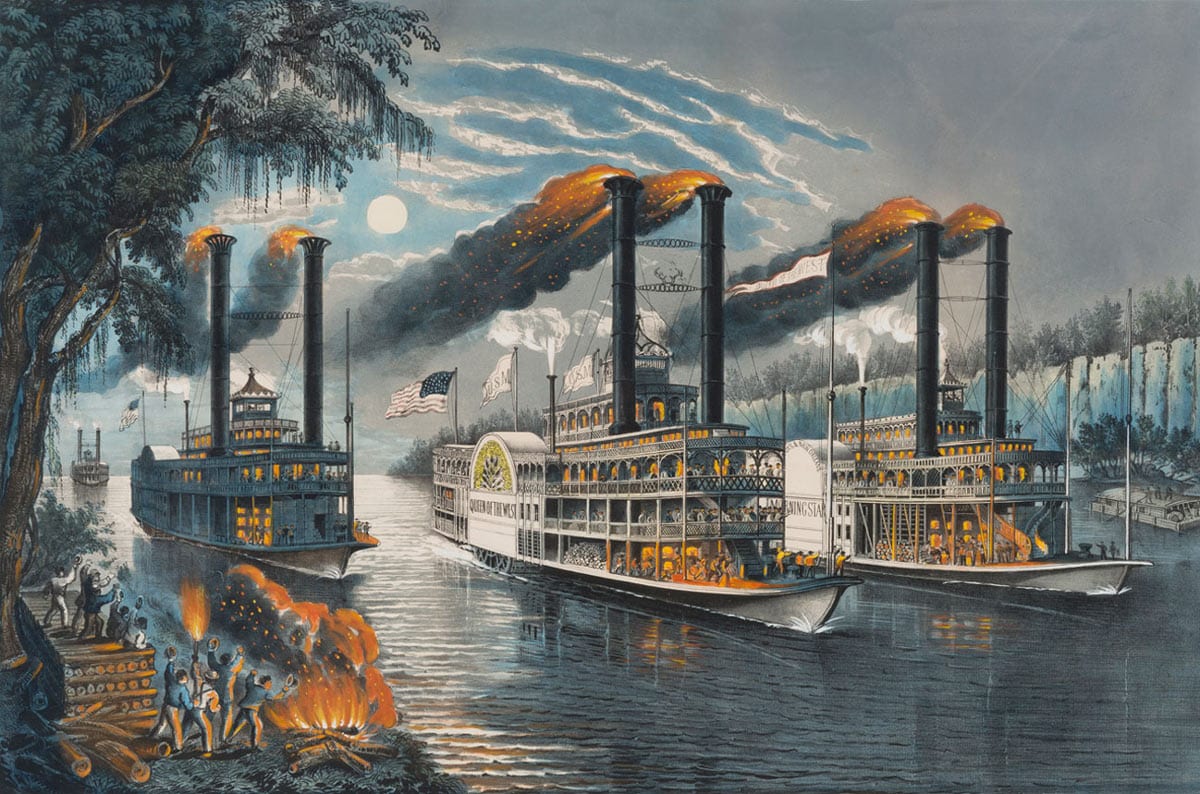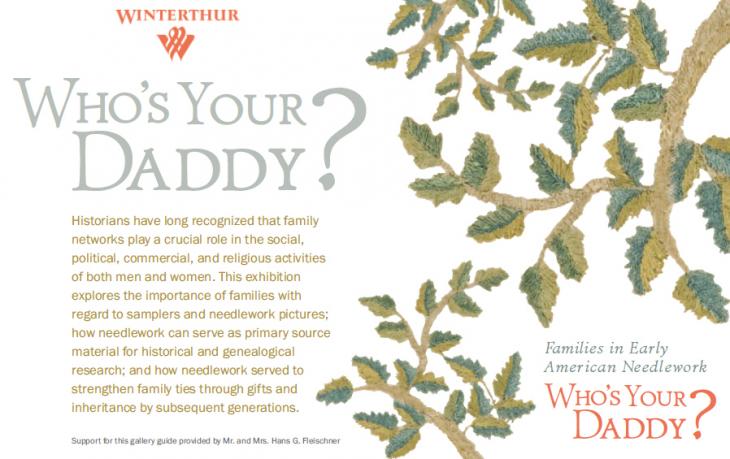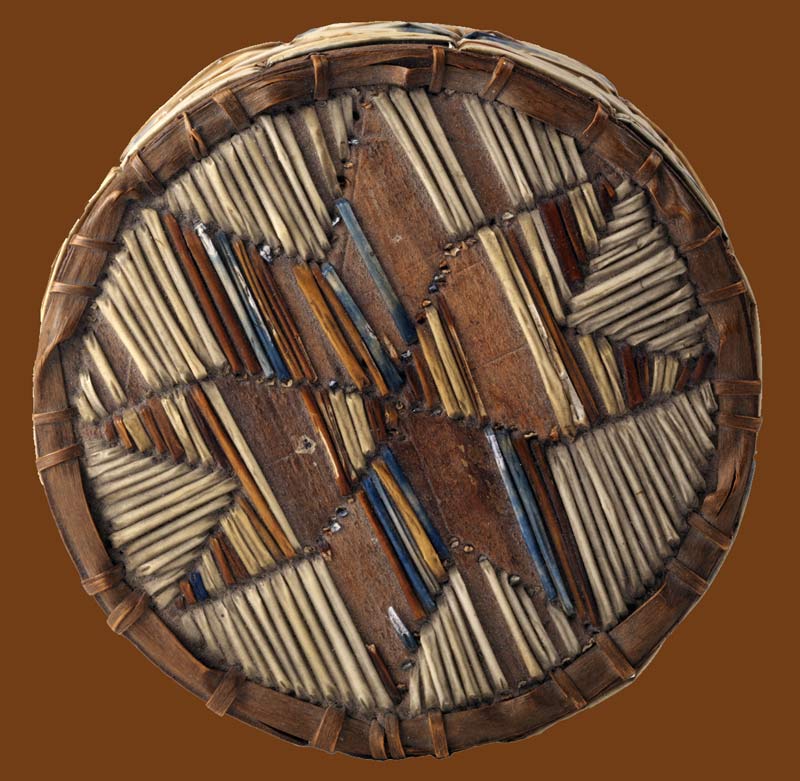Winterthur’s semi-rural location on the former estate of Henry Francis du Pont offers researchers serene surroundings.
Two renovated estate residences—the Visiting Scholars Residence (VSR) and Foulsham House—offer fellows spacious accommodations.
Creating an Intellectually Safe and Supportive Environment
The Winterthur Research Fellowship Program is dedicated to creating a safe and socially-just environment for our fellows. This includes, but is not limited to: engaging in actions to support BIPOC scholars, creating a harassment-free environment, acknowledging and actively combatting systemic racism and inequality inherent in cultural heritage and academia, and fostering an environment that welcomes sustained and sustainable efforts to support robust scholarly and professional discourse. We welcome engagement with all topics, practiced with respect and care, in service of these goals.
Ethics Policy
Fellows, like our staff and volunteers, are expected to act with integrity and in accordance with rigorous ethical principles. Failure to comply with Winterthur’s code of ethics or research misconduct policy may result in termination of the fellowship and disqualification from future fellowship funding.
Housing
All in all, the fellowship was exactly what I was hoping for, and more. The possibility of on-site housing was excellent, the landscape around is beautiful, and it was a pleasure to walk to the museum and library in the mornings. I only wished I had more time…
Lars Preisser, artist, Maker-Creator Fellow, 2020-21
The Research Fellowship Program offers on-site housing for fellows on a space-available basis (current rate: $600/month or $60/night, utilities included). Rental payments are billed separately and not deducted from the fellowship stipend. Overnight guests can be accommodated by pre-arrangement and subject to a supplemental housing fee. Prior to arrival, fellows are required to sign a housing agreement.
Fellows are welcome to inquire about on-site family accommodation and other short-term housing opportunities in the area. While we know that pets are family, too, we cannot accommodate pets in our on-site housing.
Two renovated estate residences—the Visiting Scholars Residence (VSR) or Foulsham House—offer fellows spacious accommodations and amenities, including:
- 3-4 private, air-conditioned bedrooms with 1-2.5 shared baths
- a large kitchen and dining space outfitted with utensils and supplies
- a furnished common area
- use of a washer and dryer
- wireless internet
- complimentary bicycles, a grill, and other amenities.
Both buildings are within walking distance of the museum and library, but complimentary bikes are also available for this commute.
Please inquire to Chase Markee, Academic Affairs Administrator, (cmarkee@winterthur.org) with any questions about booking accommodation.
Getting Here & Getting Around
Winterthur is located about 25 miles from Philadelphia and its airport, and is accessible by Amtrak, regional rail, and local public transportation from Wilmington (about 7 miles away). Wilmington Train Station also houses four major rental car agencies. Uber, Lyft, and taxis operate in our area as well. A car is best for getting around outside of the property independently, but carpools and ride services can be arranged. Fellows receive a welcome packet that includes addresses and navigation to local amenities, like grocery stores and shopping centers. Numerous coffee shops and restaurants are located within a few miles of Winterthur’s property.
Research Fellowship Offices and Use of the Library
All research fellows receive dedicated office space for the duration of their residency. These offices are in the heart of Winterthur’s Academic Programs Department in the Louise DuPont Crowninshield (Research) Building just upstairs from the Winterthur Library.
Fellows are given badged status during their time at Winterthur and have access to their offices beyond business hours. Office amenities include a desk, wireless internet, free printing and scanning capabilities, private space for taking calls or meetings, and use of the furnished staff lounge and kitchen.
Fellowship privileges include:
- Access to Winterthur Library’s circulating collections and comfortable research space
- Borrowing privileges (for residencies longer than 2 weeks)
- Interlibrary loan requests and downloading digital collection images (free)
- Access to a photocopier and an overhead book scanner
- Use of 3 computer stations
- Use of in-house collection databases and numerous research databases available through the institution’s academic affiliation with the University of Delaware’s graduate programs, all free of charge.
Please review the Library’s current hours and procedures for making appointments to view rare books and other special collections materials.
Additional Amenities at Winterthur
Winterthur’s 1,000 acres of gardens and naturalistic landscape offer fellows daily opportunities to be in nature while they are in residence. With hundreds of miles of trails, fellows can enjoy walking, running, relaxation, and picnics in our green spaces from dawn to dusk.
Winterthur’s Pavilion Café in the Visitors Center offers lunch options and light fare on days when the museum is open to the public. Fellows receive a staff discount when presenting their badge.
A post office operates Monday through Friday. Express packages and mail can be sent and received here.
Fellows are also afforded complementary admission to museum and garden tours and programming. Special arrangements may be made for fellows to attend Winterthur conferences and symposia at discounted rates. The Winterthur badge also provides some discounts and reciprocal admission at regional sites.
